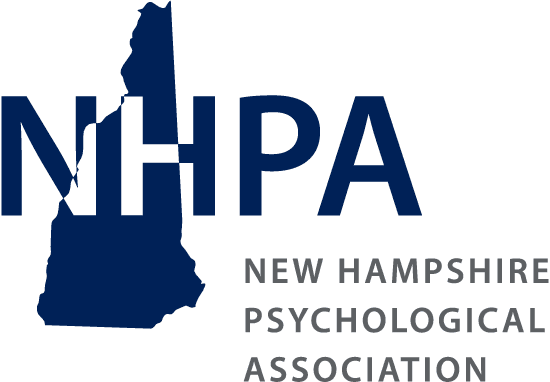Resources for Providers and Parents Talking to Children (Child Trauma Resources from National Child Traumatic Stress Network)
· Talking to Children about War
· Age-Related Reactions to a Traumatic Event
· Assisting Parents/Caregivers in Coping with Collective Trauma
· Talking to Children: When Scary Things Happen
· Talking to Teens: When Scary Things Happen
· Creating Supportive Environments: When Scary Things Happen
· Psychological First Aid for Displaced Children and Families
· Traumatic Separation and Refugee and Immigrant Children: Tips for Current Caregivers
· After a Crisis: Helping Young Children Heal
· Understanding Refugee Trauma: For School Personnel, For Mental Health Professionals, and For Primary Care Providers
· Coping in Hard Times: Fact Sheet for Parents, Youth, and School Personnel
· Helping Youth after Community Trauma: Tip for Educators
· Helping Children with Traumatic Grief: Young Children, School-Age Children, and Teens
Education for adults:
From the Red Cross - a one page PDF that therapists can give clients to remind them of basic ways to take care of your emotional health after a disaster
· Taking Care of Your Emotional Health After a Disaster
For people to know negative effects of watching violent news coverage on mental health:
· Negative Effects of watching news
The Disaster Distress Helpline is a toll-free, multilingual crisis support service available 24/7
· via telephone (1-800-985-5990) or SMS (text TalkWithUs to 66746)
For providers:
APA resources on disaster response
· https://www.apa.org/topics/disasters-response
For providers talking to clients about how consuming media about violence increases mental distress:
· Talking to clients about negative effects of watching news
How to Promote Well-being for providers
· Pause-Reset-Nourish (PRN) to Promote Wellbeing
Greater Good Science Center; How to Keep your Empathy Switched On. How empathy works in the brain and why we should resist the urge to turn away from suffering.
· How to Keep Your Empathy Switched On
War Anxiety & how EMDR therapists can help:
· War Anxiety: How EMDR Therapists Can Help - EMDR International Association






